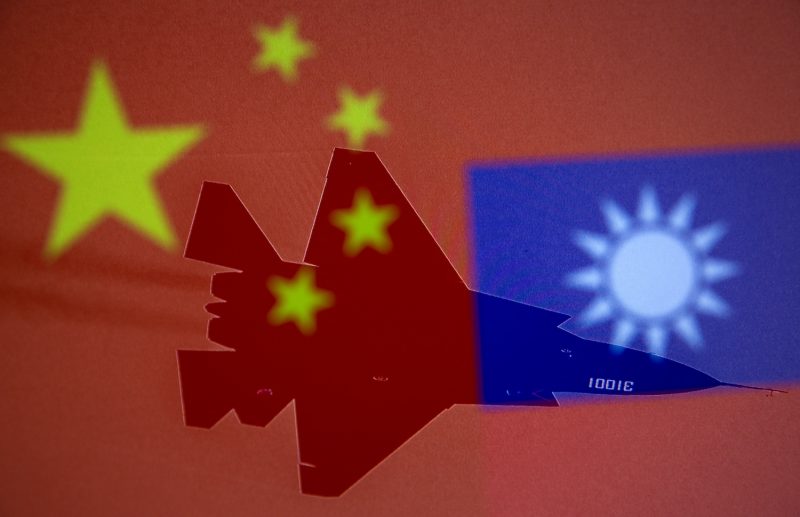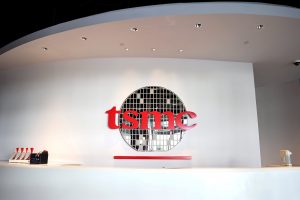The threat of China invading Taiwan has prompted nervous global money managers’ to devise and include exit plans in their investment strategies.
Beijing’s constant threats to Taipei and the possibility of war, previously considered a highly improbable event, have registered on investors’ risk radars and are being factored into their investment decisions, analysts say.
Fund managers say they are now fielding more queries from clients about the odds of an invasion of Taiwan by China.
Taiwan has long been a flashpoint in US-China relations, which have in recent weeks been put under further strain after a suspected Chinese spy balloon was shot down and the United States expanded a programme in which its troops help train Taiwanese forces.
Also on AF: Tesla’s China Sales Off The Pace as Price-Cut Boost Fades
Chinese President Xi Jinping’s statements at October’s Communist Party Congress, when he won a precedent-breaking third leadership term, had already raised alert levels after he repeated comments that China would pursue control of the self-governed island and never renounce the right to use force.
Taiwan’s president, Tsai Ing-wen, has repeatedly pledged to uphold peace and avoid provocation. She has offered talks with China, but has also said Taiwan will defend itself if attacked.
Russia’s invasion of Ukraine early last year has also made investors more wary of war risk, analysts said.
“In Europe, since some investors have … made quite a few losses in Russia, from a risk management point of view, they can’t afford it if something goes wrong in the Taiwan Strait,” said a senior analyst at a US fund house, who declined to be named.
Goldman Sachs’ Cross-Strait Risk Index, which gauges the intensity of geopolitical risk between Taiwan and mainland China, hit a record high last August after then-US House of Representatives Speaker Nancy Pelosi’s trip to Taiwan. It has since reduced.
“We are at similar levels compared to a year ago, following a spike after the Russian invasion of Ukraine. However, the level is relatively higher than the average in 2021,” said Alvin So, a strategist at Goldman Sachs.
Taiwan Invasion Supply Chain Fears
“The last 12 to 18 months has taught us that we can’t take anything for granted when it comes to geopolitics,” said Will Malcolm, a portfolio manager at Aviva Investors.
“Realistically, if there is ultimately a conflict between China and Taiwan, I think the ramifications are going to be far more severe than necessarily worrying about which company you should be holding in the markets,” Malcolm said.
“Even if you parked all your assets in the US, you’d still be very significantly exposed given the profound direct and indirect economic linkages to China and Taiwan.”
Some funds have reduced their exposure in China and are instead seeking names that provide insulation from geopolitical tensions.
Jordan Stuart, client portfolio manager at Federated Hermes, says he cut China exposure last year while holding onto some small stocks that can “fly under the radar”.
A Chinese invasion of Taiwan would also cause significant supply chain disruptions and turmoil in global markets such as the ones brought about by the Covid-19 pandemic and Russia’s invasion of Ukraine.
The Taiwan Strait is a major route for ships transporting goods from East Asia to the United States and Europe. Taiwan has also emerged as a key battlefront in the chip industry supply chain.
“China wouldn’t have to invade Taiwan or actually get hot to just cause a stir in that part of the market,” Stuart said. “That bottleneck can cause absolute disruption in the global economy. I think that’s underestimated.”
- Reuters with additional editing by Sean O’Meara
Read more:
China Sanctions Lockheed Martin, Raytheon Again Over Taiwan
Taiwan Ramps up Drone Development to Guard From China Threat
US Firms in Taiwan Reviewing Plans as China Tensions Rise
Taiwan Fines Foxconn T$10 Million Over China Investment























